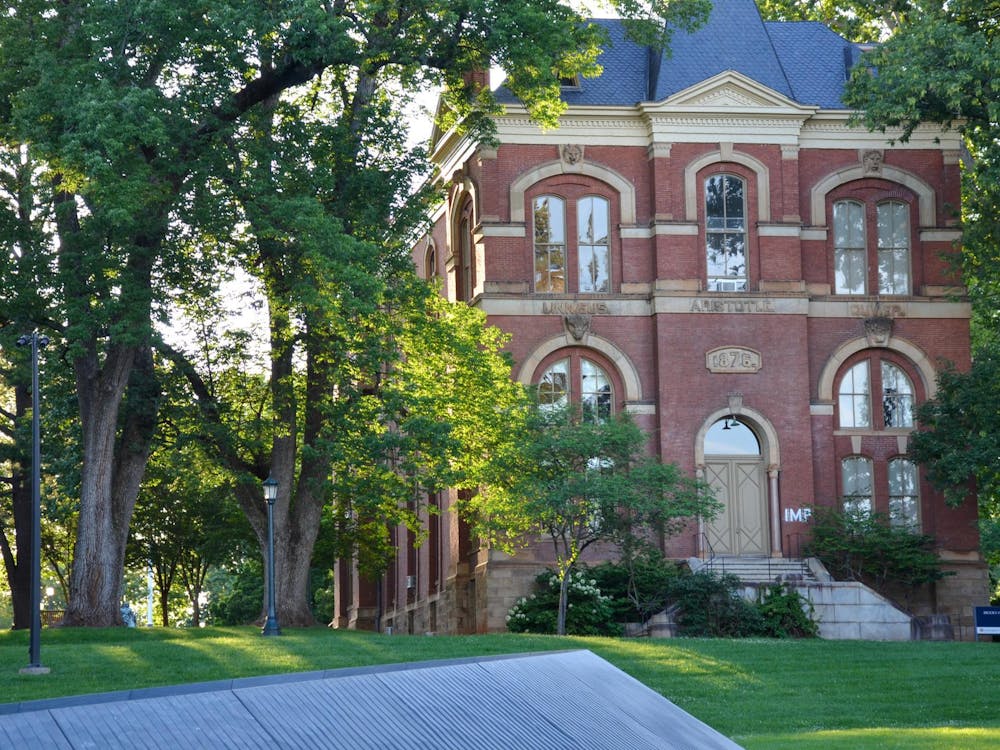The University's Institute for Public History moves beyond the pages of American history books with its "Explorations in Black Leadership" project that examines the lives of influential black leaders.
Alongside Black History Month and as part of the spring series of "Explorations," Floyd Flake, a pastor and former member of the U.S. House of Representatives, will speak at Clark Hall tonight. Flake's speech will concentrate on the impact of the black church on leadership development.
The "Explorations" project focuses on two key elements: issues of leadership and how historical conditions help African-Americans define who they are, said Phyllis Leffler, director of the Institute.
The project furthers the Institute's mission of "expanding the boundaries of historical knowledge while making information more accessible to the general public," Leffler said.
Leffler created the Institute in 1996 to explore a different type of history and use that new knowledge to educate a non-academic audience. Public history uses other tools rather than strict academia to reach people, employing visual and auditory aids to explain the history of a particular location, group of people or issue.
"Explorations," which began two years ago, has examined the lives of more than eight black leaders, conducting research and oral histories on each of them.
University guest lecturer Julian Bond conducts the interviews, and student interns provide the background research.
"Explorations" will "help us learn, teach us history and open our eyes to the personality and history in black America and America generally," Bond said.
The project has a five-year timeline, but funding largely will guide its future.
The Darden School, which has an interest in the project's potential leadership resources, has provided much of the funding. The Center for Religion and Democracy is providing funding for the three guests this spring.
In addition to studies in black leadership, the Institute also is researching the elements of change that have allowed the University to move into the 21st century, Leffler said.
One component of this effort involves contacting women who have graduated from the University to make their voices part of the institutional memory, she said.
Of the 9,600 female University graduates surveyed, over 2,000 have responded.
"These people desperately want to tell their stories," she added.
In the works is a similar project that will survey students of color who attended the University from 1950 to 2000.
A comprehensive resource of the leaders interviewed by the Institute is available on the Web at www.virginia.edu/blackleadership.






